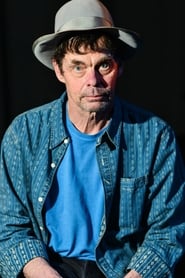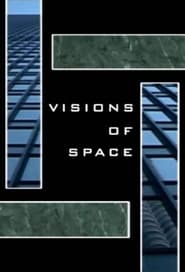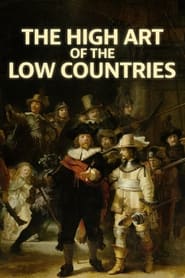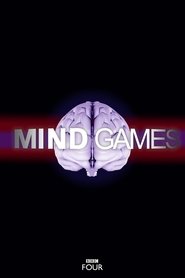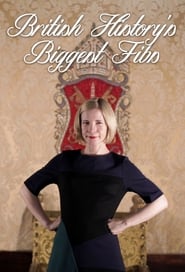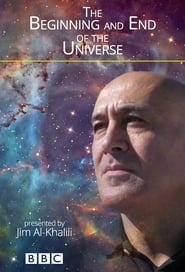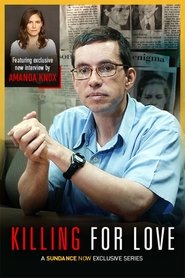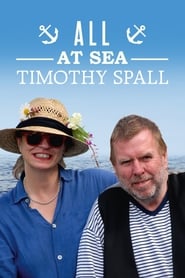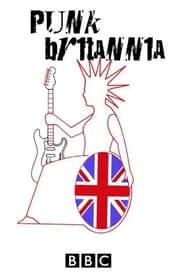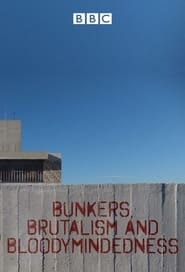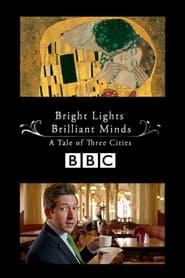Bbc Four TV Series - Page 6
-
Children's TV on Trial
2007
A look at kids' telly from the 1950s to the 1990s, covering the social trends and behind-the-scenes stories in each decade. -
Rich Hall's Fishing Show
2003
star 7Rich Hall's Fishing Show was a comedy programme written by and starring Rich Hall and Mike Wilmot. It was first broadcast on 11 November 2003 in the United Kingdom on BBC Four. It was repeated in the UK on Dave in 2008. The Fishing with the Corleones sequence involving the late Anita Roddick was omitted from the repeat. The show was set in the lochs of Scotland, on which Hall and Wilmot would go fishing. However, very few fish were caught, and the situation instead formed the setting for dialogue between the pair which would be vaguely themed on subjects like love or the Olympic Games. Some episodes featured sketches involving characters such as Bob, a decapitated limousine driver whose head had survived, and Charles Manson, a reclusive salesman who, despite his appearance, was not the convicted serial killer of the same name. Each episode would end with a celebrity guest who was invited on to the boat to talk and fish with the pair. At the end of each show, a celebrity guest would appear and talk with Hall and W -
Women in Love
2011
star 6.6Powerful adaptation of DH Lawrence's novels The Rainbow and Women in Love, focusing on the lives of two sisters as they struggle with love, passion and commitment in the build-up to WWI. -
Visions of Space
2003
Visions of Space
2003
Robert Hughes tackles the work and lives of three remarkable 20th-century architects: Albert Speer, Mies van der Rohe, and Antonio Gaudi - whose work did so much to shape the modern world. Hughes looks at how each one used space in different ways to express our response, respectively, to the power of religion (Gaudi), the power of the State (Speer), and the power of the corporation (Mies van der Rohe). -
H2O: The Molecule that Made Us
2020
star 8A landmark, three-part series that tells the human story through our relationship to water. We find out how our success is intimately connected to our control of the molecule, but that the growth of our civilizations has also created a dangerous dependence on a precious resource. One that may be about to run out. -
The Beauty of Books
2011
The Beauty of Books
2011
Series combining human stories, expert interviews, book illustrations and historic archive to reveal the beauty of books. -
A Very British Romance with Lucy Worsley
2015
star 8.2Lucy Worsley delves into the history of romance to uncover the forces shaping our very British happily ever after and how our feelings have been affected by social, political and cultural ideas. -
The High Art of the Low Countries
2013
This 3 part series is presented by the British Art Critic, Andrew Graham-Dixon. He explores the Low Countries of the Netherlands and Belgium and how history has influenced the area's art, architecture and culture. Cloth was used in the area's first expression of art in the making of tapestries going back to the 14 th century. They were the No. 1 luxury item of the day. The Low Countries were well placed geographically for markets for their art. -
Mind Games
2003
Mind Games
2003
Quiz show hosted by Marcus Du Sautoy who poses the trickiest puzzles to bend the minds of the team members Kathy Sykes, Irving Finkel, Jim Al-Khalili and Richard Vranch. -
British History's Biggest Fibs with Lucy Worsley
2017
star 6.5Lucy Worsley explores how British history is a concoction of fibs and stories manipulated by whoever was in power at the time. -
The Beginning and End of the Universe
2016
star 7.2Jim Al-Khalili tackles the greatest question in science - how the universe began. By recreating key experiments Jim unravels the mystery of science's creation story. -
Chemistry: A Volatile History
2010
star 4.7Jim Al-Khalili traces the story of how the elements, the building blocks that make up our entire world, were discovered and mapped. -
Killing for Love
2017
Killing for Love
2017
Obsessed young lovers, heinous murders, a sensational trial, and a shocking miscarriage of justice. Killing for Love is a riveting dissection of the 1985 courtroom battle that played out on television, and its disturbing aftermath. Convicted of brutally murdering his girlfriend’s parents, Jens Soering has been in prison for over 30 years. The series reveals for the first time the mounting evidence of his innocence. -
Timothy Spall: All at Sea
2012
Timothy Spall and his wife Shane are back on board their beloved barge the Princess Matilda as they conclude their trip around the British coast. -
Punk Britannia
2012
star 7.5A brand new take on the most transformative force in British popular music history. -
The Art Mysteries with Waldemar Januszczak
2020
star 6.5Art historian Waldemar Januszczak uncovers the secret meanings hidden within some of the greatest paintings by Van Gogh, Gauguin, Cezanne and Seurat . -
The Read
2022
-
Bunkers Brutalism and Bloodymindedness
2014
Two-part documentary in which Jonathan Meades makes the case for 20th-century concrete Brutalist architecture in an homage to a style that he sees a brave, bold and bloodyminded. Tracing its precursors to the once-hated Victorian edifices described as Modern Gothic and before that to the unapologetic baroque visions created by John Vanbrugh, as well as the martial architecture of World War II, Meades celebrates the emergence of the Brutalist spirit in his usual provocative and incisive style. Never pulling his punches, Meades praises a moment in architecture he considers sublime and decries its detractors. -
Bright Lights, Brilliant Minds: A Tale of Three Cities
2014
star 7Dr James Fox tells the story of three cities in three exceptional years - cities whose artists and thinkers, writers and musicians set the world on a new course. -
Rock 'n' Roll America
2015
star 9A three-part series tracing the history of American rock 'n' roll music from the 1950s onwards.

